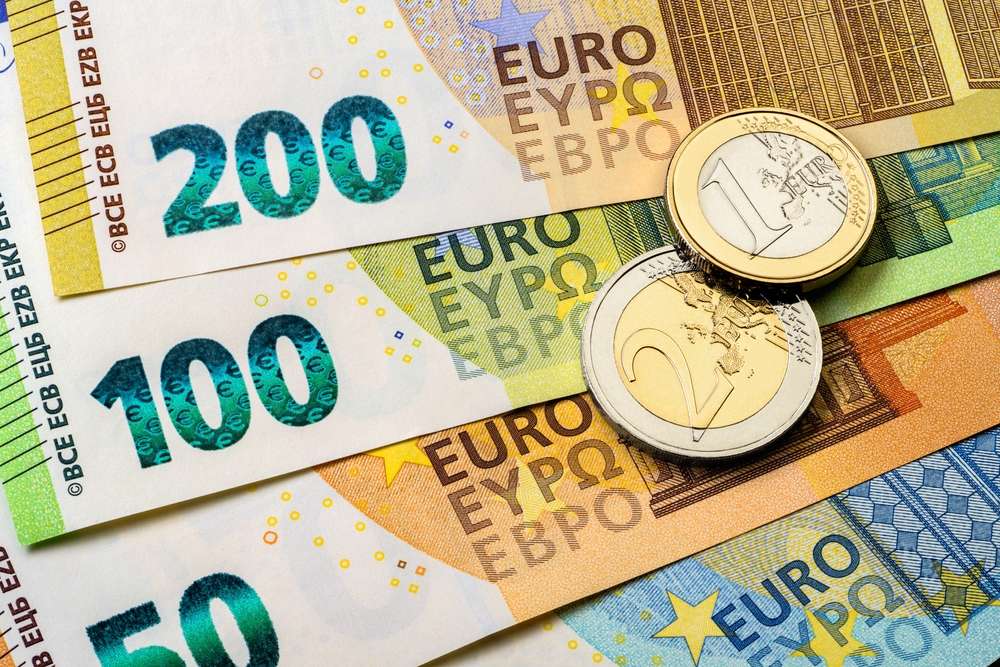Traveling abroad can be an exhilarating experience, offering new sights, sounds, and cultural encounters. However, one aspect that many travelers find daunting is dealing with currency exchanges. Navigating through exchange fees and knowing the best ways to convert your money are crucial for protecting your budget from unnecessary costs. Awareness and preparation are key in avoiding hefty fees when converting currency abroad and ensuring more of your resources are spent on enriching your travel experience.
Exchange Rates and Fees
Currency exchange rates fluctuate constantly based on economic factors, market speculation, and international trade. These rates refer to how much of one currency you can exchange for another. Unfortunately, many travelers do not realize that the rate offered to consumers is usually different from the interbank rate — the rate at which banks exchange currencies among themselves.
Most exchange services, whether at banks, airports, or currency exchange offices, add their profit margin to the exchange rate offered to customers. This means you often receive less foreign currency for your dollar. Additionally, there might be explicit fees on top of that margin. Understanding these differences can help you seek better rates and fee alternatives.
Planning Ahead: Where to Convert Currency
Proper planning can help you circumvent many obstacles associated with exchanging money:
- Bank Services: It’s advisable to contact your local bank before your trip to inquire about the availability of currency services. Some banks offer foreign currency to their customers at competitive rates, especially if you hold a premium account. Additionally, some banks waive foreign transaction fees on their debit and credit cards for such accounts. Plan ahead to give the bank time to order currency if needed.
- Currency Exchange Offices: While accessible, exchanging money at airport kiosks or tourist hotspots is almost always the most expensive option due to unfavorable rates and high fees. Instead, seek out currency exchange offices in-city, away from major tourist areas. Do your research to find reputable and affordable exchange services.
- Prepaid Travel Cards: Some financial institutions offer prepaid travel cards, allowing you to load money onto the card in various currencies before traveling. These cards often attract lower fees and give you the ability to lock in exchange rates beforehand, safeguarding against potential fluctuations.
Leverage Technology: Use Financial Apps and Online Platforms
Advancements in technology have brought forth various mobile apps and online platforms that can be highly beneficial for travelers seeking favorable currency exchange rates.
- Currency Conversion Apps: Apps like XE Currency and OANDA can provide accurate, real-time exchange rates and help you calculate costs and conversions on the go. These tools empower you with information before making any currency exchanges or purchases abroad.
- Peer-to-Peer Platforms: Services such as Revolut and Wise (formerly TransferWise) offer competitive exchange rates and low-fee money transfers through their apps. Such platforms allow you to hold and spend money in multiple currencies without the high costs typically associated with traditional banking channels.
- Dynamic Currency Conversion (DCC): At points of sale abroad, you might be offered the choice to pay in your home currency via DCC. While this seems convenient, the side-by-side conversion often occurs at less favorable rates with additional service fees. Always opt to pay in the local currency to avoid this pitfall.
Credit and Debit Cards: The Right Way to Use Them Abroad
When equipped with the right strategy, using your credit and debit cards can be cost-effective means to handle transactions and access funds abroad.
- No-Fee Cards: Consider obtaining credit cards that offer zero foreign transaction fees and no-currency conversion costs. Additionally, pick one that provides travel rewards or cash-back on purchases made overseas, maximizing your value from the card.
- ATM Withdrawals: Use debit cards for cash withdrawals at ATMs abroad, as the fees are often lower than those from currency exchange offices. To avoid ATM transaction fees, find out if your bank is part of an international ATM alliance network. Also, pull larger sums of money when withdrawing to minimize repeated charges.
- Fraud Alerts and Security Measures: Before departure, inform your bank and card issuer about your travel plans to prevent potential blocks for suspicious transactions. Regularly monitor your accounts for unauthorized transactions.
Negotiation and Haggling: The Art of Saving Abroad
In numerous destinations worldwide, especially where small businesses are prevalent, negotiation is part and parcel of the buying process.
- Local Marketplaces: Familiarize yourself with the usual prices of goods and services in your destination country. This knowledge equips you with the confidence needed to haggle and achieve value for money.
- Multiple Currency Quotes: In some regions, businesses are accustomed to receiving payment in foreign currencies. Always ask for quotes in different currencies and evaluate which is the most cost-effective for you.
- Flash Sales and Discounts: Watch out for seasonal sales and discount offers, which may provide better deals than the standard rates.
Cultural Sensitivity and Awareness
Respecting local norms regarding currency and payments contributes to pleasant interactions with local businesses. Awareness of cultural expectations can also prevent financial mishaps.
- Cash Versus Card: While some regions largely operate on a cash basis, in other places, card payments are the norm. Carry a blend of cash and cards to navigate gracefully through various scenarios.
- Tipping Norms: Gratuities might automatically be included in the bill in some regions, while in others, tipping is not customary. Knowing the local etiquette can save you from over-tipping in a bid to be generous.
Adopting these strategies not only helps you save money but enhances your travel experience by removing the stress linked with currency exchanges. By taking proactive measures, staying informed about fees, and being mindful of options available, you can navigate the currency conversion maze with confidence and focus on creating lasting memories on your journey. Whether you are luxuriating on a tropical beach or exploring bustling marketplaces, planning for financial practicality ensures your travels are as enjoyable and stress-free as possible.



